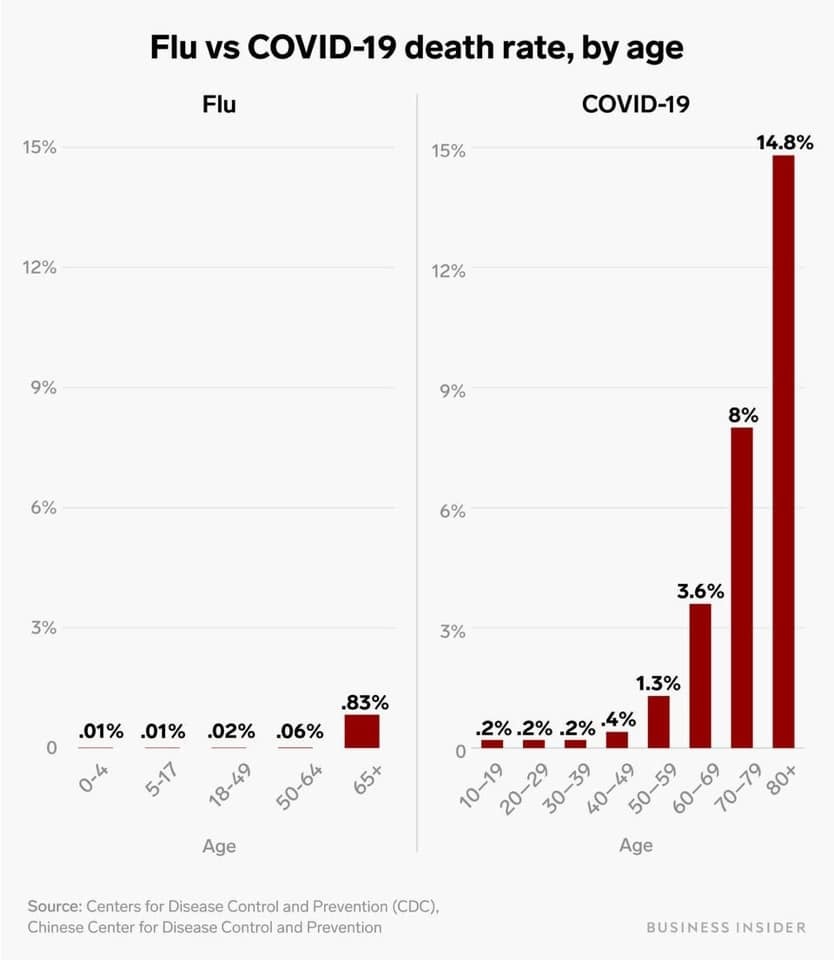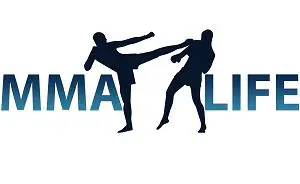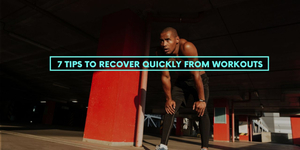What started as a virus affecting those in Wuhan, China has turned into a full-fledged worldwide outbreak with deaths across multiple continents. As reported cases surpass 100,000 worldwide and deaths climb, scientists are still learning about the Coronavirus (COVID-19).
And as martial artists, we know how physically intimate training can get. So you might be naturally asking yourself, should you be training (jiu jitsu, boxing, kickboxing, karate, etc) while the coronavirus is still spreading?
To answer that question, I did some research on the World Health Organization (WHO) and Center for Disease Control (CDC) websites, as well as consult some of my doctor friends to explain the medical literature Here is what we know about the virus so far:
More...
How it Spreads and Symptoms of the Virus
WHO has labeled the virus outbreak a "very high" risk of spread and impact. From what scientists know so far, the virus spreads via droplets. The droplets are virus particles that are expelled from the lungs when someone coughs or sneezes. Those that are within 6 to 8 feet inhale the droplets and spread the infection. People are thought to be most contagious when they are sick but the virus maybe able to spread before showing symptoms---scientists just don't know quite yet.

According to the World Health Organization and the Center for Disease Control, symptoms of the coronavirus appear 2-14 days after exposure. The symptoms include:
1. Fever
2. Cough
3. Shortness of breath
4. Flu-like symptoms
Training During the Outbreak: Yay or Nay?
As of today, the death rate for the virus is at 3.4 percent, which a lot higher than that of the flu. However, most deaths occur with older patients, those with pre-existing health conditions, and in areas without adequate medical infrastructure. For those who are young, healthy, and live in a developed area, the death rate is lower than 1%. Here is a chart of the death rate by age for the coronavirus versus the flu, compiled by Business Insider.

Coronavirus versus Flu death rate by age as of March 9, 2020
So if you are young, the the chance of you dying from the virus is low. But that isn't the only question that should be on your mind when thinking about whether to train or not. The question is whether you are likely to contract it. Because the virus is more contagious than the annual flu, the risk of you transmitting the virus to someone else is higher. The R-nought (R0) for the coronavirus is estimated to be between 2-3, whereas the flu is 1.3. R-nought is the number of people who will catch a disease from one contagious person. So you can see how carelessness can turn it into a full-blown pandemic the global health system isn't ready for.
So, with the current information available to us, the coronavirus is both more contagious and deadlier than the flu. If people tell you otherwise, they are not paying attention.
Martial arts gyms are already notorious for being a cesspool for germs. This is especially true if your gym doesn't make it a habit to wipe down the mats and equipment after every class. And some martial arts are more physically intimate than others. For instance, you can't end jiu jitsu, wrestling, or judo class without full-on body-to-body contact whereas boxing class can be done without physical contact. So it follows that grappling is a much easier way to contract the virus than just hitting the bag.
If you are feeling under the weather, you should not train. It is the wrong time to tough it out because it is not only your life you are playing with. Remember, the virus is highly contagious and the death rate is very high among those who are old or have pre-existing conditions.
If you are well and do decide to train, stay very far away from those who seem sick. As noted by CDC and WHO, you can contract the virus 6 to 8 feet away from a sneeze or cough. Even if someone isn't sick, scientists say it is possible for someone to transmit the virus even before they are symptomatic. So if you are in the gym, try to limit any physical contact to reduce your risk of exposure. To further reduce your risk, be sure to wash your hands for at least 20 seconds before and after class (with Defense Soap perhaps). Maybe use hand sanitizer between sessions. And make sure you shower after class too. Scientists say the virus can stick to surface too but are not sure how long.
If you want to be completely safe, stay home until things calm down. That's what I'm doing.




